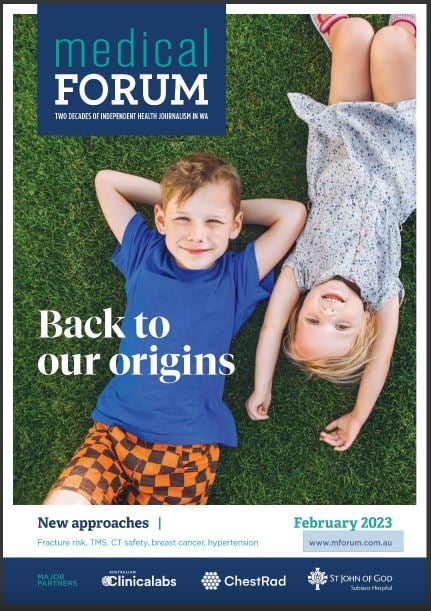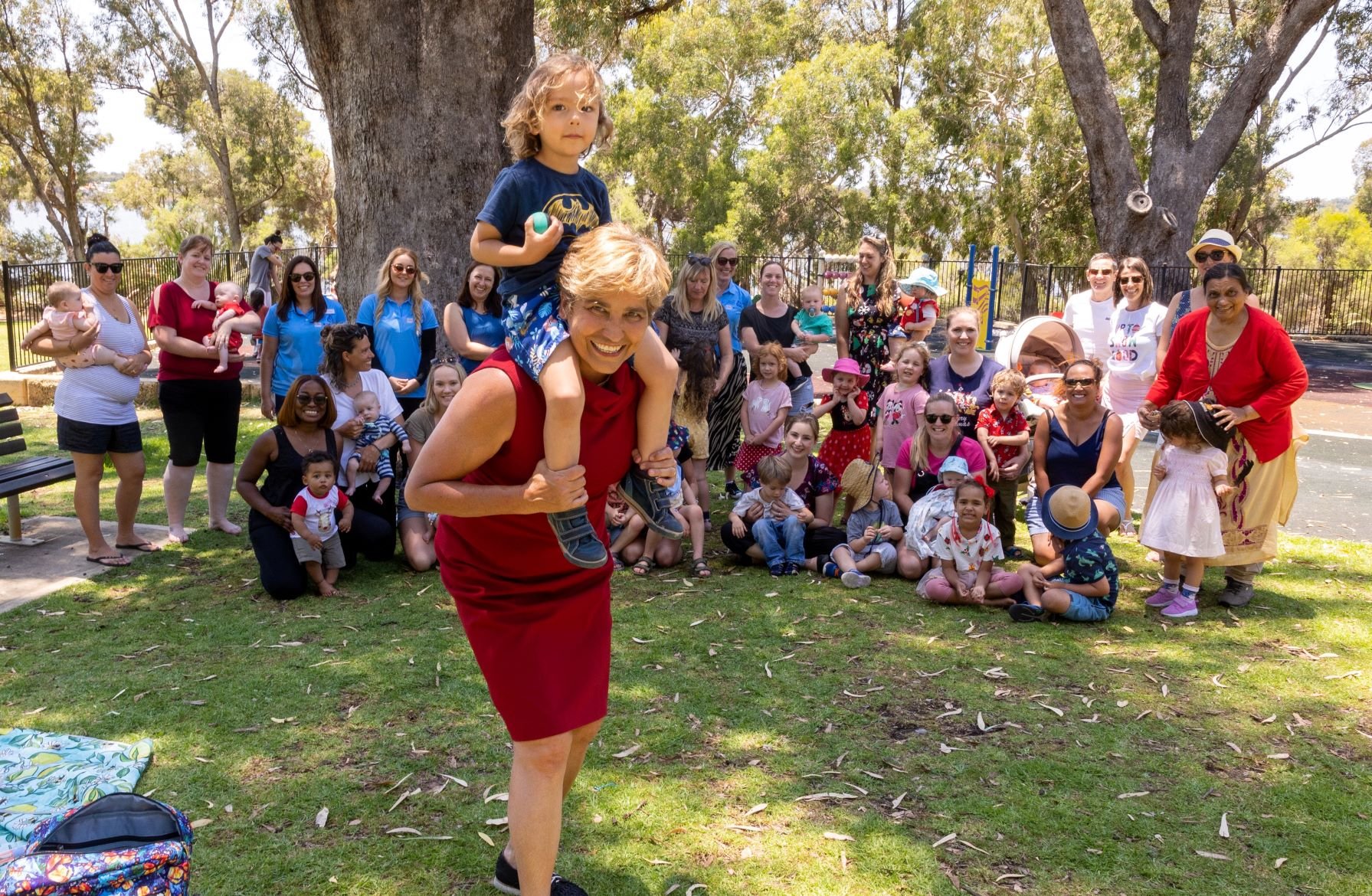When ORIGINS was launched in 2017, the team knew recruiting 10,000 children and their families within five years, would be a challenge.
Limiting it to children born at Joondalup Health Campus narrowed the field even more.
This 10,000 was to be made up of 6,000 non-active participants and 4,000 active participants.
Non-active, or "Routine Data", participants join when they are pregnant or give birth. They consent for their routinely collected data to be shared with ORIGINS researchers but do not attend appointments, collect their own samples or complete online questionnaires. They do still have the opportunity to join ORIGINS sub-projects if they are eligible.
Active ORIGINS participants take part in regular child health and development assessments, collect samples and answer online questionnaires at multiple timepoints throughout their five-year commitment to the project, while benefitting by receiving real-time feedback and early intervention when required.
On 19th January 2023, after a phenomenal final effort by the recruitment and support teams, ORIGINS officially reached their five-year goal of recruiting 4,000 active participants to ORIGINS and closed recruitment of new families into the active cohort.
“We are so proud of our ORIGINS team – with each and every one of them contributing and working so hard to reach this target,” General Manager Jacqueline Davis said. “We also have only 1,700 families to go until we achieve our non-active participant target, and we will reach that magic 10,000.”
Reaching the midway point of ORIGINS was celebrated in this month's edition of Medical Forum magazine. In the cover feature story, Director Prof Desiree Silva outlined just some of the things the project has achieved so far: 
“I think it is an absolute pot of gold for WA which we have developed in a fairly short space of time, which is something that our team are obviously very proud of.
“It really is a fabulous concept - the dream of making sure that every child reaches their potential - and I can see that through ORIGINS, we are actually giving children the opportunity to reach it.
“We are collaborating with many different researchers, both here and internationally, but I think we are taking the lead on this intervention-style of birth cohorts.
“Certainly, from a national point of view, this is one of the largest intervention birth cohorts in Australia: we already have over 17,000 individuals in our cohort, including the children, their mothers, and fathers or non-birthing partners.”
Click on the cover image - and flip to PAGE 16 - to read the Medical Forum article.

